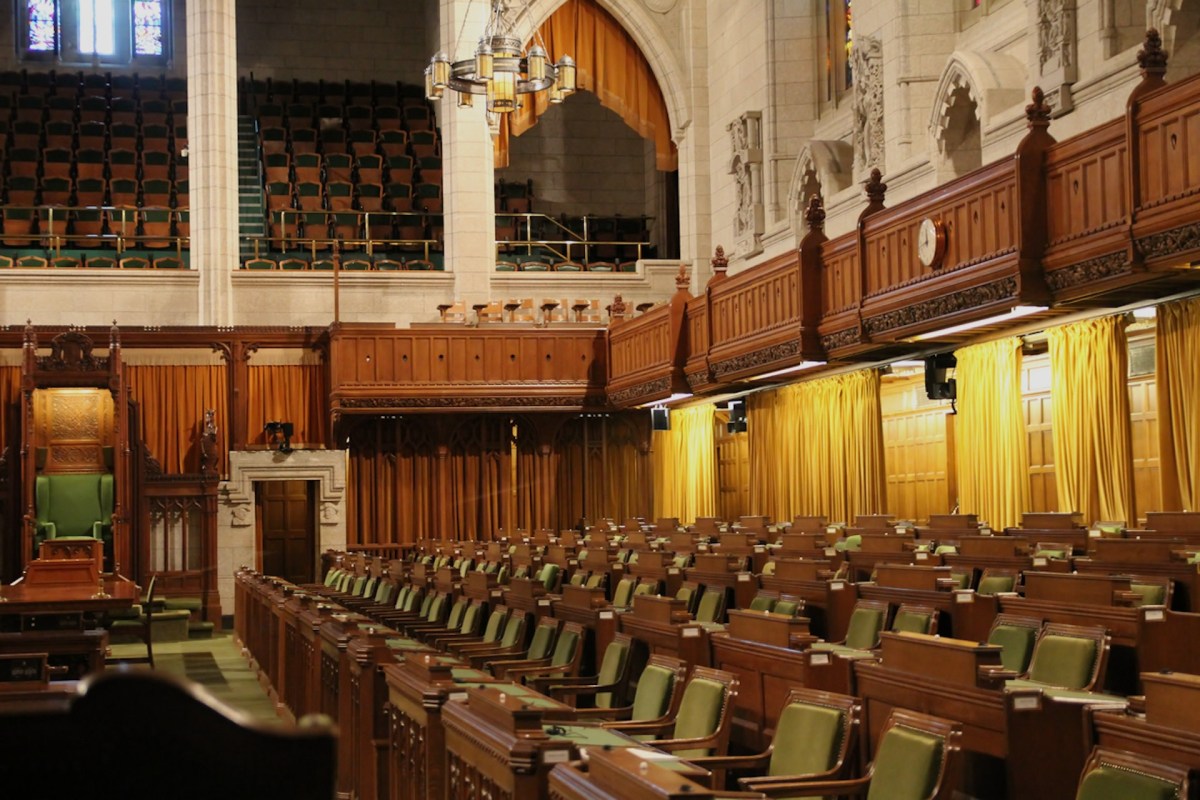As our world heats up, Canada is backing the oil and gas industries with billions of dollars, according to CBC.
What's happening?
A new analysis by the Canadian advocacy group Environmental Defence has found that the Canadian government provided at least $18.6 billion to support the oil, gas, and petrochemical industries in 2023, despite recent pledges to limit subsidies for these sectors.
The billions in backing included $8 billion in loan guarantees for the Trans Mountain pipeline, $7.4 billion in public financing through Export Development Canada, and $1.3 billion for carbon capture projects.
While down slightly from $20.2 billion in 2022, the continued massive financing gives oil and gas an unfair advantage over cleaner energy alternatives like wind and solar.
"This is kind of the litmus test of whether the government is actually taking serious action," said Julia Levin, an associate director at Environmental Defence. "It's failing that litmus test by continuing to give federal subsidies."
Why is oil and gas financing concerning?
Burning oil, gas, and coal is the main driver of rising global temperatures, according to the United Nations. Experts warn that to avoid the worst impacts of our disrupted climate — from deadlier heat waves to rising seas — the world must rapidly transition to cleaner energy sources.
Yet Canada's billions in support stymie progress, giving the oil and gas industry an unfair leg up over urgently needed clean energy solutions.
"Continued support for this industry works directly against climate action and the energy transition," Laura Cameron, policy advisor for the International Institute for Sustainable Development, told CBC.
Critics argue these subsidies undermine Canada's climate goals by delaying the shift to renewable power. They also come at the expense of Canadians' tax dollars, which could go toward affordability and sustainability initiatives instead of lining oil executives' pockets.
What's being done about oil and gas funding?
In response to the findings, the Canadian government told CBC it's developing a plan to "phase out domestic federal public financing to the oil and gas sector" by this fall. This policy will apply to financing from federal departments, agencies, and Crown corporations.
Meanwhile, advocates are calling for Canada to go further by implementing a windfall tax on the industry's record profits and returning that money to Canadians to help with the rising cost of living.
Luckily, we all have the power to expedite the shift away from oil and gas in our own lives — and save some cash while we're at it. Simple swaps like keeping your tires properly inflated to boost your gas mileage or hanging laundry to dry instead of using the dryer can add up to big savings for your wallet and the planet.
The more people who come together to conserve energy and choose cleaner alternatives in our day-to-day lives, the less power and influence the oil industry will hold over our future. Let's use our voices and choices to demand a safer, more sustainable path forward.
Join our free newsletter for cool news and actionable info that makes it easy to help yourself while helping the planet.









